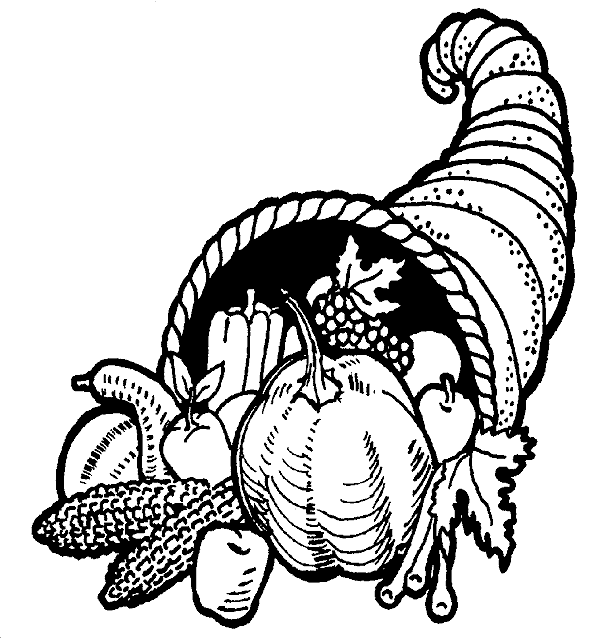Roy Peter Clark at Poynter has an interview this week with legendary sports writer Frank Deford, famous for his work, among other places, at short-lived The National (I have a copy of the last issue) and at Sports Illustrated.
The interview got me thinking about writing techniques. Deford has a couple of good ones:
· He types his written notes to get a sense for what he has, doesn’t have and needs to get.
· He uses colored paper to block out chunks of his stories (the historical background on blue, for instance).
· And if he has writer’s block (I’ll dedicate a post to this at a later date), he just starts somewhere and works from there (say in the middle and writes to the end and then figures out the top).
Writing in business is straightforward: You’re trying to communicate simple messages effectively; not elaborate on chaos theory. There’s always a beginning, a middle and an end. The beginning is what you’re going to say; the middle is what you want to say; and the end is recapping what you just said.
Visualizing that structure is relatively simple.
Deford’s techniques (and others) are effective on much more complex writing projects. The most valuable book I ever read on writing is “The Art and Craft of Feature Writing” by William Blundell, a onetime editor for The Wall Street Journal. Blundell taught me to use 3x5 index cards to frame both major and minor points, including quotes. You can then lay the cards out in front of you, pushing them around to where they best work.
Adopting outline and prep techniques like Blundell’s or Deford’s make the act of sitting down at your laptop to write much less daunting.


